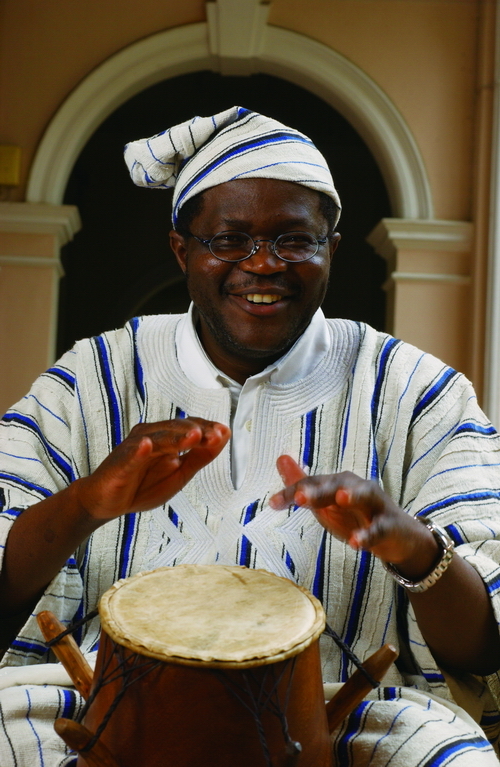|

Should China and Europe enter into a trilateral collaboration with Africa for trade and business investments in Africa based on a win-win-win investment policy? I argue that the often-stated "win-win-win" (WWW) hypothesis for a so-called trilateral cooperation between Africa, China and the West should be abandoned for an even more inclusive win-for-all investment policy. This is because the WWW policy risks developing into an (un)intended collusion between China and the West that can scupper a rare chance for African development in the 21stcentury. Four main arguments are advanced against the WWW-hypothesis of China-West joint operations in Africa as being beneficial for the three. I put forward an alternative proposal, the Africa-driven "win-for-all" hypothesis (AWA-hypothesis), involving healthy competition for investments in Africa between all key players, including Brazil, China, India, Russia and the West.
Africa-China relations, especially, China's 21st century intensified foray into Africa, are marked and defined to the international world, not so much by the two parties but by more than one decade of acerbic Western criticism of China's activities in Africa. Africa-China relations are thus defined and determined not just by Africa and China, but also by Western reactions to the contacts between Africa and China. China is often seen as a new economic imperialist in Africa, as a pure capitalist investor in Africa or even as a neo-colonialist power on the continent.
Suddenly, after one decade of criticism, as if to mimic the phrase, "if you cannot beat them, join them," the West has turned volt face, and proposed to "collaborate" with China in its African foray.
Even the European Commission now has a blueprint for a so-called EU-China-Africa trilateral dialogue and cooperation. Further still, the American Government is encouraging American companies to have trilateral meetings on "corporate social responsibility." So it is quite clear that there is a common Western position on trilateralism. This trilateralism is the basis for the WWW-hypothesis. This hypothesis has never been clearly articulated by its proponents; it is often simply assumed and stated in different ways so many times that it has become a hackneyed expression. However, surmising from the various ways it is often mentioned, we construct the following formulation for the hypothesis:
WWW-hypothesis: China, the West and Africa will achieve mutual benefit if China and the West cooperate in their investments, trade and humanitarian activities in Africa.
There are four arguments against this WWW-hypothesis. First, it is not convincingly justified why Africa is the locus of a supposed China-West cooperation. Second, it is not clearly and convincingly indicated who the real beneficiaries of such a stated cooperation would be; we believe instead that this scenario of a China-West cooperation actually points perilously to a Win-Win-Lose scenario against Africa. Third, the differences in diplomatic philosophies between the West and China alone would render this WWW-hypothesis untenable. Lastly, lessons from contemporary scenarios dealing with the search for solutions to Africa's problems do not suggest any good things China-West cooperation in Africa can do or has actually done for Africa.
In conclusion, we propose to replace this hypothesis with an alternative hypothesis, stated as follows:
Africa-driven Win-for-All (AWA) hypothesis: In a 21st century era marked by free trade, Africa will gain maximum benefit for its resources by refereeing a healthy competition for all friendly foreign investors.
This AWA-hypothesis not only sees Africa at the center of the action, it actually sees Africa presenting a levelplaying ground and an equal opportunity to all other investors, such as those of the BRIC countries. In my father's house, there are many rooms for all investors.
Professor Adams Bodomo is Chair of the Department of Linguistics and Director of the African Studies Program at the Hong Kong University
|